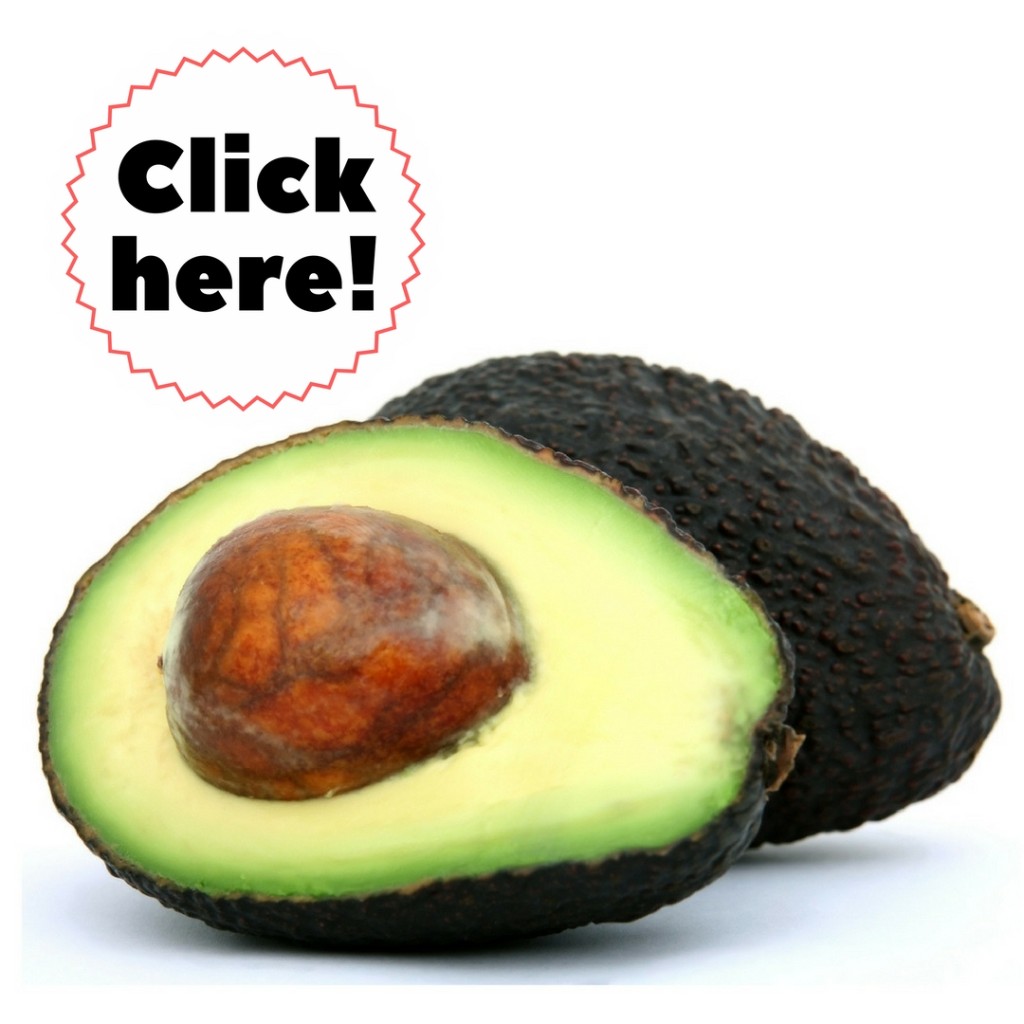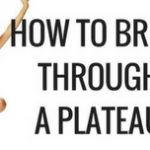Here’s another post from Big Sky Vernon Team Member Anne Crone. Enjoy!!
For decades, fat has been labeled as a nutritional “bad boy”, with many products boasting fat-free or low-fat alternatives. However, not all fats are created equal. We all need some fat in our diet to help provide energy, support healthy brain function and cell growth. Fats help our bodies absorb and use fat-soluble vitamins such as A, D, E and K.
“Experts” have told us to eliminate fat from our diets whenever possible. Many of us switched to low-fat foods, but this didn’t make us any healthier. In fact, a lot of times we cut back on healthy fats as well as the harmful ones. Although fat grams contain more than twice the number of calories as do grams of protein and carbs, fats aren’t all bad. They’re an essential component of any healthy diet, including a weight-loss plan.
Research has shown that cutting down on saturated fat and replacing it with everyday foods that contain more unsaturated fat can improve both your heart health and brain health, and even help keep us genetically younger.
What Are Good Fats?
“Good fats” (monounsaturated and polyunsaturated) are found in foods such as seafood, avocado, nuts, and olive oil.
People in Greece and other parts of the Mediterranean region have a low incidence of heart disease despite eating a high-fat diet. The main fat in their diet is not the saturated animal fat common in countries with higher rates of heart disease. The fat in the Mediterranean diet is olive oil, which contains mainly monounsaturated fat.
Monounsaturated Fat
This type of helpful fat is present in a variety of foods and oils. Research has consistently shown that eating foods containing monounsaturated fat can improve your blood cholesterol level and decrease your risk of cardiovascular disease. These foods include: nuts (almonds, cashews, peanuts, pecans), vegetable oils (olive oil, canola oil, peanut oil), peanut butter, almond butter and avocado.
Polyunsaturated Fat
Plant-based foods and oils are the primary source of polyunsaturated fat. Like monounsaturated fat, polyunsaturated fat can decrease your risk of heart disease by lowering blood cholesterol levels.
A certain type of this fat, called omega-3 fatty acids, have been shown to be beneficial for your heart health. Omega-3s not only appear to decrease the risk of coronary artery disease, but also may help lower blood pressure and guard against irregular heartbeats. Fatty fish like salmon, herring, sardines and trout contain omega-3 fatty acids.
What Are Bad Fats?
Saturated fat and trans fats have been identified as potentially harmful to your heart. Eating foods rich in saturated and trans fats increases the amount of harmful LDL cholesterol in the bloodstream and reduces the amount of beneficial HDL cholesterol. Trans fats create inflammation, which is linked to heart disease, stroke, diabetes, and other chronic conditions.
Saturated Fat
This type of fat is primarily animal-based, and is found in high-fat meats and dairy products. Some typical sources of saturated fats include: fatty cuts of beef, pork, and lamb, dark chicken meat and poultry skin, high fat dairy foods (whole milk, butter, cheese, sour cream, ice cream), tropical oils (palm oil, cocoa butter) and lard.
Trans Fat
Short for “trans fatty acids,” trans-fat appears in foods that contain partially hydrogenated vegetable oils. These are the worst fats for you. You most likely will find trans-fat in fried foods (French fries, doughnuts, deep-fried fast foods), margarine (stick and tub), vegetable shortening, commercial baked goods (cookies, cakes, pastries), and processed snack foods (crackers, microwave popcorn).
So, the bottom line? Read labels but don’t be fooled by “reduced-fat” products… they tend to have extra sodium or sugar. Remember that whenever they take something out, they typically add something else to add flavor.
And on a side note… be aware of serving size!! Next time you’re binging on the latest Netflix series you can’t stop watching, portion out that big bag of chips into a small bowl. Eating straight out of the bag often means that big bag of chips will quickly disappear. Poof!
Need help with your exercise program or nutrition plan?
Click below to sign up for our FREE 10-Day Personal Training Experience !
Members and Non-Members Welcome!




